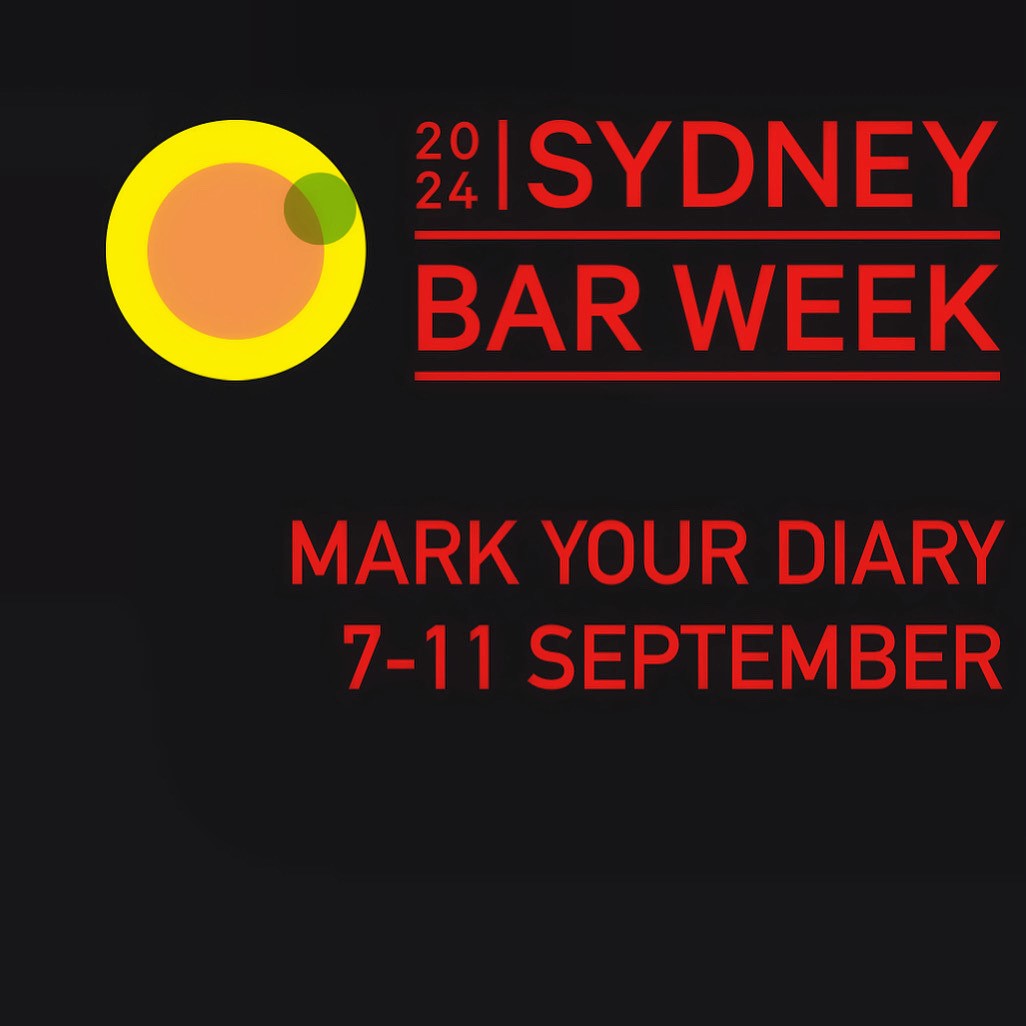
There has been a lot of talk about ferments in bartending circles: we’re talking about bartenders who are fermenting their own fruit wines, making their own kombuchas, and generally extending the palette of flavours they’re working with.
Rohan Massie is one bartender working with ferments. The co-owner and bartender at Rude Boy in Hobart won the Oceania leg of the Angostura Global Cocktail Challenge with a drink which included some sparkling banana wine he fermented himself. The drink was delicious, and saw him pick up the ambassador gig for The House of Angostura. So we asked him, why are ferments in vogue right now?
“Bartenders are always on the lookout for new flavours and creative outlets,” Massie says.
“Fermentation is one of the key ways I do this. Fermentation takes a flavour that everyone is familiar with and gives it complexity and depth. It’s a bartender’s chance to extract even more flavour out of everyday ingredients and keep our guests intrigued.”
It’s also a way to preserve flavours when they are at their in-season best.
[ultimate-recipe id=”53371″ template=”default”]“Tassie is a cool climate, so all our strawberries, raspberries and blackberries are all coming online now,” he says. “So getting them bottled allows us to use them over winter.”
It’s also a way to pack flavour into non-alcoholic and low ABV drinks for your guests.
“Trying to create depth of flavour in low ABV drinks can be a challenge,’ says Massie. Alcohol doesn’t just get you boozed; it also carries flavour. “Ferments are one way to get that complex flavour, so you don’t feel as though you’re missing anything,” he says.
[ultimate-recipe id=”53360″ template=”default”]Ferments also offer the chance to experiment, without breaking the bank.
“Coming from Rude Boy and from Tassie, we don’t have any centrifuges, or the rotovaps or any of that complicated equipment down here — we just haven’t quite got the scene,” says Massie. “So the benefit of these fermenting techniques is that anyone can do them. You can do them at home, you can do them at work, and it costs you all of about 50 bucks to start up. They’re pretty accessible to young bartenders.”
Just be prepared to do the work.
“There’s a huge learning curve,” Massie says. “It’s experience, as well as just reading heaps and heaps, doing research online.
“It really depends on the season of the fruit, how ripe the fruit is; each fruit will respond differently because it has a different sugar content.”
[ultimate-recipe id=”53374″ template=”default”]
